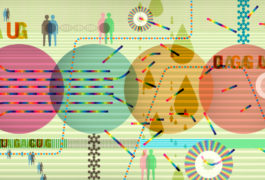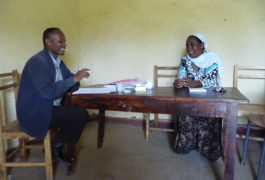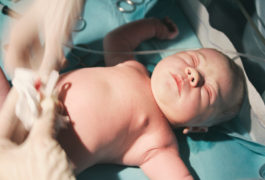Prevalence of autism in U.S. remains steady, new data suggest
The prevalence of autism in the United States remained relatively stable from 2014 to 2016, according to a new analysis.

The prevalence of autism in the United States remained relatively stable from 2014 to 2016, according to a new analysis.

We waded through the sea of autism studies published in 2017 and spotted several themes.

Many African children with autism are hidden away at home — sometimes tied up, almost always undiagnosed. Efforts to bring the condition into the open are only just beginning.

Cultural barriers lead clinicians to misdiagnose or miss children with autism in immigrant communities.

Even short programs with a focus on mental health can train community health workers to help children with autism in Ethiopia and elsewhere.

Black and Hispanic children are less likely than their white peers to meet criteria for an autism diagnosis.

Men and women with rheumatoid arthritis, an autoimmune condition, are at increased risk of having a child with autism.

A new formulation of the hormone melatonin seems to improve sleep in some children with autism.
Two new gadgets join the gene-editing toolbox, many children with autism get smarter with age, and a survey points to a research reset for Autism Speaks.

Children with autism who were born late tend to also have intellectual disability.